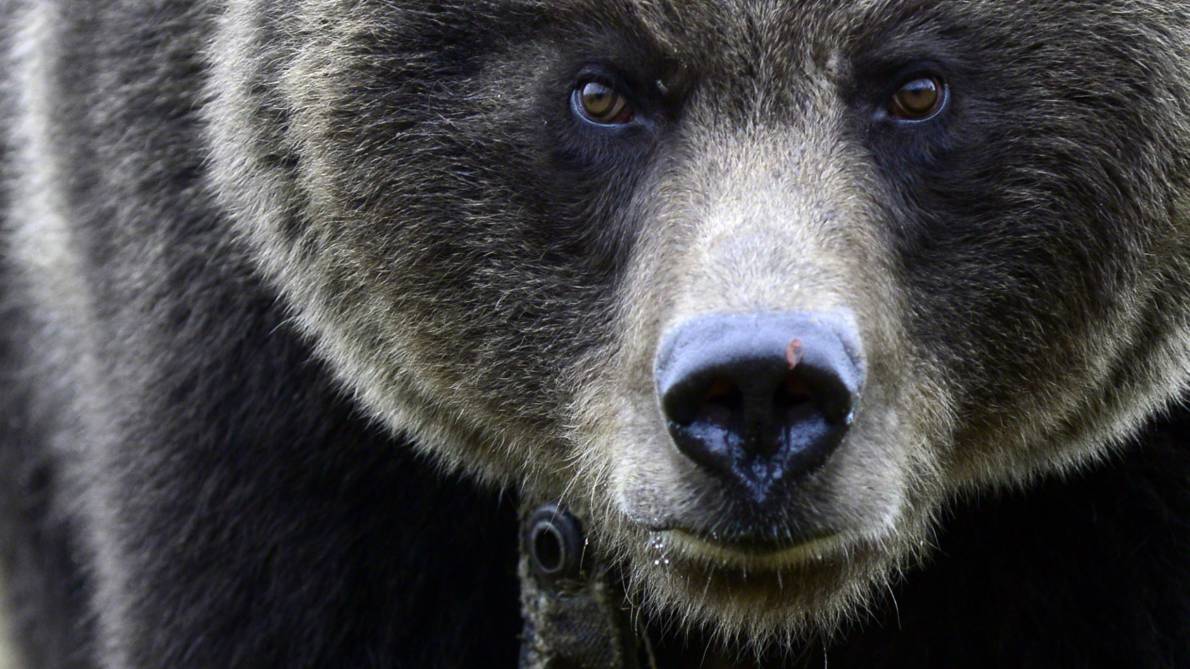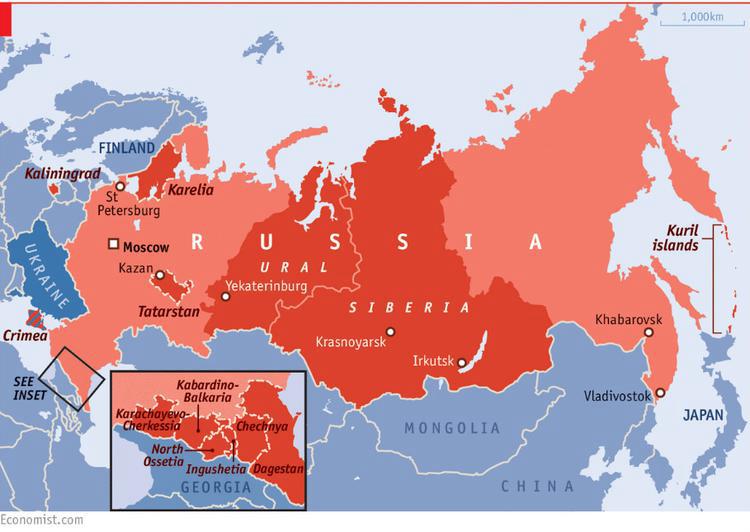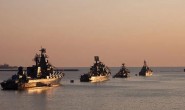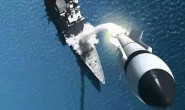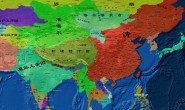IF RUSSIA BREAKS UP
The peril beyond Putin
The world rightly worries about the prospect of a Greater Russia. But a Lesser Russia could be just as troubling
UNDER Vladimir Putin’s presidency, Russia is seen in the outside world as an expansionist power trying to revise post-Soviet borders and rebuild an empire. But what if Russia itself—a country of nearly 200 nationalities that stretches across 11 time zones—is in danger of crumbling?
It would not be the first time that Russia tried aggression and expansion as a defence against modernisation and by doing so undermined its own territorial integrity. In 1904, when Russia was on the verge of a revolution, Nicholas II attempted to stave off change by looking for national traitors and starting a small war with Japan. The war ended a year later in Russia’s defeat and 12 years later the tsarist Russian empire faded away in a few days. In 1979, as Communist rule struggled under the weight of its own contradictions, the Soviet Union invaded Afghanistan; 12 years later the Soviet Union collapsed just as suddenly.
In 2011 Moscow’s urban middle class took to the streets to demand modernisation. Mr Putin responded by picking out alleged national traitors, annexing Crimea and starting a war against Ukraine. The idea that Russia’s latest foreign-policy adventures might end in the same way as previous ones—with the collapse of the state and disintegration of the country—is not as far-fetched as it might seem.
The Soviet Union came apart because it overstretched itself and ran out of money and ideas. Local elites saw no benefit in remaining part of a bankrupt country. It fragmented along the administrative borders of the 15 republics that made up the giant country.
Yet there was no reason why the process had to stop there. Indeed, many of Russia’s regions—including Siberia, Ural, Karelia and Tatarstan—declared their “sovereignty” at the time. To prevent further disintegration Russia’s then president, Boris Yeltsin, came up with the idea of a federation, promising each region as much “sovereignty as it could swallow”. Yeltsin made this promise in Kazan, the ancient capital of Tatarstan, which acquired many attributes of a separate state: a president, a constitution, a flag and, most important, its own budget. In exchange, Tatarstan promised to stay part of Russia.
Mr Putin has reversed federalism, and turned Russia into a centralised state. He cancelled regional elections, imposed a “presidential” representative over the heads of governors and redistributed tax revenues in Moscow’s favour. But he did not build common institutions. The Russian state is seen not as an upholder of law but as a source of injustice and corruption.
In the words of Mikhail Iampolski, a historian, Russia at present resembles a khanate in which local princes receive a licence to rule from the chief khan in the Kremlin. For the past decade the main job of the Moscow-appointed governors has been to provide votes for Mr Putin. In exchange they received a share of oil revenues and the right to rule as they see fit. Chechnya under Ramzan Kadyrov, a former warlord installed by Mr Putin, is a grotesque illustration of this. In the most recent presidential election, Chechnya provided 99.7% of its votes for Mr Putin with a turnout of 99.6%. In return, Mr Kadyrov receives subsidies and freedom to subject his people to his own “informal” taxes and Islamic rules. Moscow pays a dictatorial and corrupt Chechnya a vast due in return for Mr Kadyrov pretending to be part of Russia and pledging loyalty to Mr Putin.
If Mr Putin goes and the money runs out, Chechnya could be the first to break off. This would have a dramatic effect on the rest of the north Caucasus region. Neighbouring Dagestan, a far bigger and more complex republic than Chechnya, could fragment. A conflict in the Caucasus combined with the weakness of the central government in Russia could make other regions want to detach themselves from Moscow’s problems.
Tatarstan, home to 2m Muslim ethnic Tatars and 1.5m ethnic Russians, could declare itself the separate khanate it was in the 15th century. It has a strong identity, a diverse economy, which includes its own oil firm, and a well-educated ruling class. It would form a special relationship with Crimea, which Crimean Tartars (at last able to claim their historic land) would declare an independent state.
转载请注明:北纬40° » 普京俄国解体后的版图
